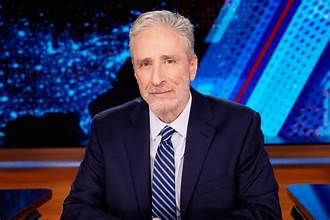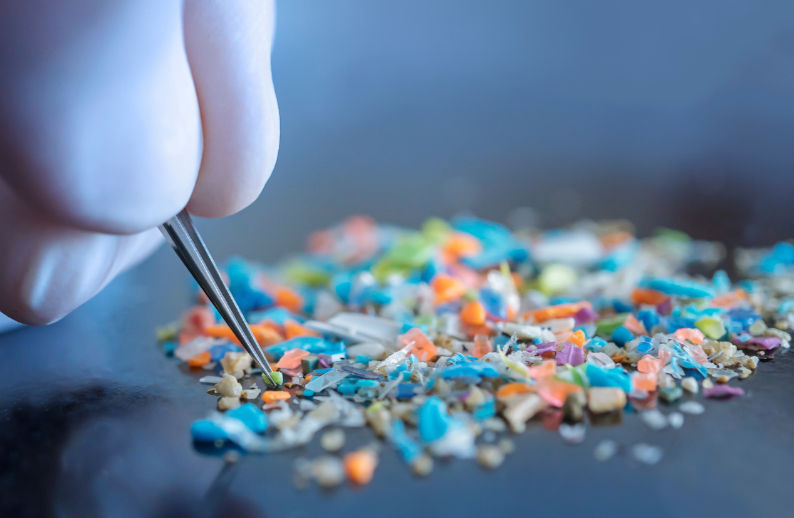The Consequences of Inaction
- Dennis Ketterman
- 3 days ago
- 3 min read
Updated: 2 days ago

It's wild how we often forget that we have the superpower to kickstart some awesome changes in almost every part of our lives. We could be the superheroes questioning the status quo, challenging, and fighting for a society that actually gets us.
But do we? Nah.
We prefer to sit back, munch on popcorn, and say, "Not my circus, not my monkeys!" And voilà, that's how we ended up with the most polarizing, bumbling, morally bankrupt, and utterly corrupt piece of garbage on the planet for president.
The Power of Individual Action
Every morning is like a giant snooze button for change! Whether you're shaking things up in your living room, your neighborhood, or even on a global stage, every little choice can pack a punch. Yet, many of us sit back like we're watching a reality TV show, convinced our solo acts won't make a splash.
This couch-potato approach isn't just limiting; it's like handing over the TV remote of life to someone else. When we adopt the "not my circus, not my monkeys" mindset, we let others run the show. Decisions get made without our two cents, and suddenly we're extras in the systems we love to grumble about.
The Consequences of Inaction
Ignoring the pressing issues around us creates a cycle of complacency, allowing problems to develop into much larger national or global crises. For example, while 76% of Americans recognize climate change as a significant threat, many feel overwhelmed and uncertain about their ability to make a difference.
Every small action counts. Simple choices like reducing plastic waste—by using reusable bags and bottles—can lead to collective transformation. In fact, studies show that if just 1% of the world's population reduced their trash by one ounce daily, we could eliminate around 22 million tons of waste each year.
Embracing Our Superpowers
So, how can we tap into our inherent power? It begins with awareness. We should educate ourselves about issues that resonate with us and their connections to our daily lives.
Next, actively engage with our communities. Volunteering, attending town hall meetings, or discussing pressing topics with friends can drive meaningful change. Engagement not only enhances our understanding but also inspires others to take action.
Finally, we must embrace risk. Change often demands we step out of our comfort zones. Whether it means voicing our concerns about injustice or adopting new sustainable habits, overcoming that discomfort can be transformative.
The Role of Community
The strength of change often lies within our communities. When individuals unite their voices can produce a compelling advocate for good.
Communities can support local initiatives, hold leaders accountable, and rally around common causes. For instance, successful community clean-up events, which have had positive impacts in cities across the U.S., show the power of collective efforts in creating a cleaner environment.
However, getting up off the couch and building strong communities takes work. It requires openness to diverse perspectives, trusting others, and focusing on shared goals. We thrive when everyone feels valued and empowered to make contributions.
Take a break, and GET OUT THERE! Enjoy the outdoors, socialize, keep moving, unplug from your gadgets, embrace nature, and think about taking a break or even opting out of social media. We have several promotions you can join that are FREE, and socially friendly.
Here's your starting point:












Comments